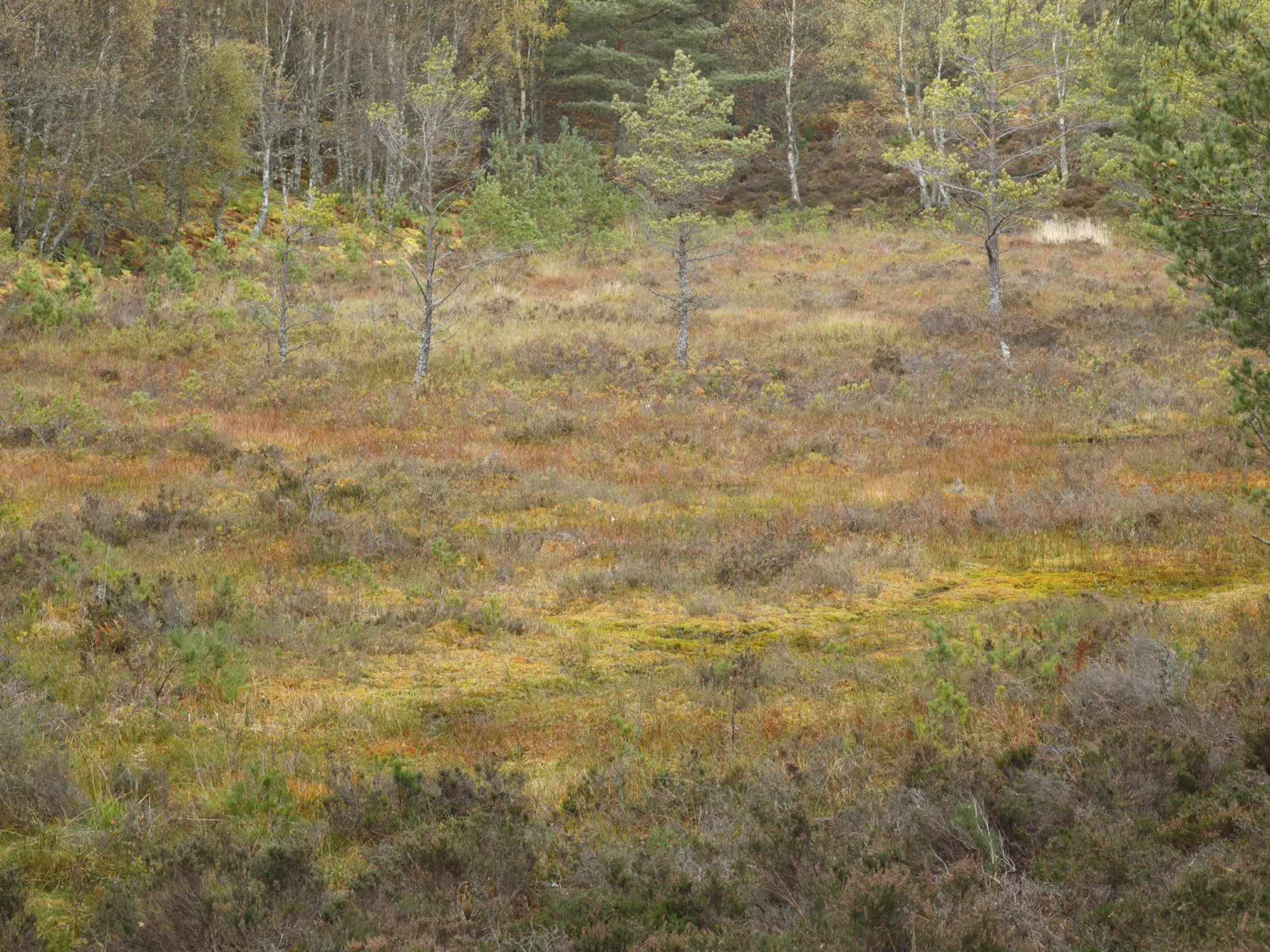What price nature? £23bn a year to Scotland - the first country to value its natural environment
Campaigners from groups such as the World Development Movement claim giving nature a value amounts to an attempt to privatise it

Your support helps us to tell the story
From reproductive rights to climate change to Big Tech, The Independent is on the ground when the story is developing. Whether it's investigating the financials of Elon Musk's pro-Trump PAC or producing our latest documentary, 'The A Word', which shines a light on the American women fighting for reproductive rights, we know how important it is to parse out the facts from the messaging.
At such a critical moment in US history, we need reporters on the ground. Your donation allows us to keep sending journalists to speak to both sides of the story.
The Independent is trusted by Americans across the entire political spectrum. And unlike many other quality news outlets, we choose not to lock Americans out of our reporting and analysis with paywalls. We believe quality journalism should be available to everyone, paid for by those who can afford it.
Your support makes all the difference.Scotland will become the first state in the world to put a price on the value of its natural environment and the benefits it provides, in a pioneering project which could transform the way it makes decisions on planning.
Academics have estimated that nature is worth between £21.5bn and £23bn a year to Scotland’s economy, but Scotland’s First Minister Alex Salmond wants a far more in-depth study. Supporters of the scheme argue that because most development decisions are based on narrow economic considerations, in terms of the direct costs and benefits, natural resources such as peat should be valued in the same way to ensure their importance is not overlooked.
Peat bogs act as water regulators, soaking up rainfall and slowing water flows, helping to curb the frequency and intensity of floods. They also purify the water, store huge amounts of carbon and are important for biodiversity, by nurturing wildlife such as breeding waders.
Speaking at the world’s first “natural capital” forum in Edinburgh, Mr Salmond said: “An early focus for the Scottish Forum will be on peatlands, scwhich is especially fitting since they form a substantial part of the Scottish landscape and are widely recognised as important in climate change mitigation, biodiversity and water quality.”
He pledged to calculate the monetary value of Scotland’s natural capital, the cost of depleting it and to communicate its importance across business and society. He will also set up collaborative projects to take “tangible action” to protect Scotland’s natural capital.
Jonathan Hughes, director of Conservation at the Scottish Wildlife Trust, welcomed the move. “The value of mangrove is £1,000 per hectare. But if you factor in storm protection, the fact fish use them to breed in and their climate regulation – the mangroves are worth around £21,000 per hectare to the local communities,” Mr Hughes explained.
However, campaigners from groups such as the World Development Movement descended on the conference dressed as dodgy salesmen pretending to sell Ben Nevis. They claim giving nature a value amounts to an attempt to privatise it.
Join our commenting forum
Join thought-provoking conversations, follow other Independent readers and see their replies
Comments